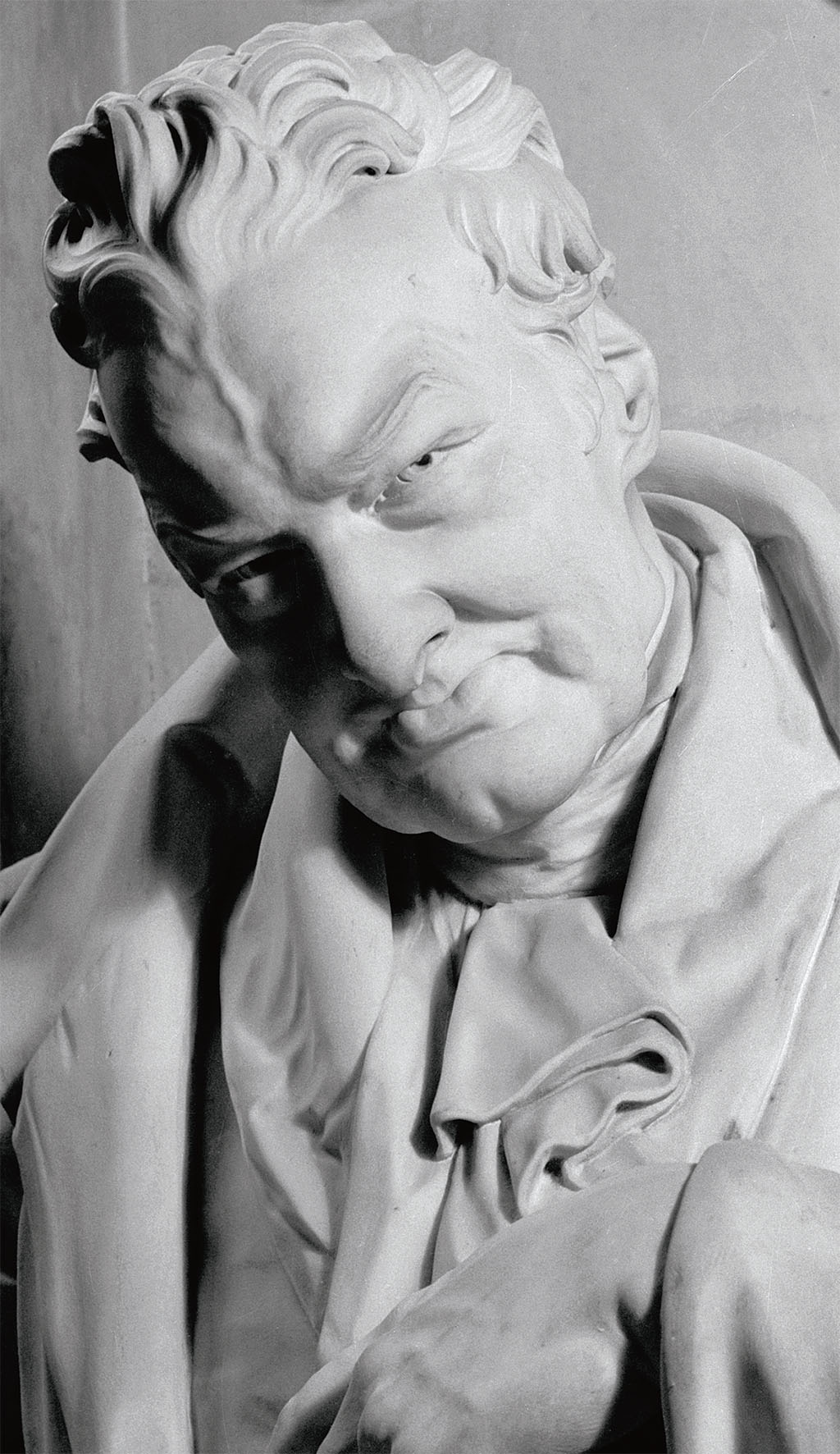
THE WILBERFORCE FAMILY FORTUNE was built on the sea trade in goods from the Baltic to Kingston-upon-Hull. William Wilberforce, however, turned his back on the lucrative family business and made his greatest mark on the world by abolishing the sea trade in human beings.
As a young scholar at St. John’s College, Cambridge, Wilberforce became lifelong friends with William Pitt the younger, and his heart followed Pitt into politics. In 1780, at age 21, William Wilberforce was elected to Parliament for Hull supporting the Tory government. When the precocious Pitt became prime minister in 1783 while in his mid-20s, Wilberforce became a strong supporter of his minority government.
The next year, Wilberforce had a conversion experience, became an ardent evangelical and subsequently a leader in what became known as the Clapham Sect. Social reform was high on the agenda of this group of influential, largely upper-class evangelical Anglicans. Sir Charles and Lady Middleton introduced Wilberforce into the growing Quaker-led campaign against the slave trade. When Lady Middleton sought Wilberforce’s leadership of the abolition movement in parliament, he wrote, “I feel the great importance of the subject and I think myself unequal to the task allotted to me.” Nonetheless, he agreed.
In May 1789, Wilberforce presented his Abolition Bill to Parliament in one of the most famous parliamentary addresses of all time. He argued forcefully that the slave trade was morally reprehensible, described the horrors of the Middle Passage and proclaimed 12 propositions in support of the trade’s abolition. After two years of intermittent, protracted debate and hearings by a parliamentary select committee, the first abolition bill was defeated 163-88 in 1791.
Every year thereafter, Wilberforce introduced the abolition bill to each session of Parliament and lobbied tirelessly to gain support for the cause, writing and speaking across the country. Politically, he was working against the grain; most of his allies sat on the Whig benches. Current events swept aside popular attention on the issue in the 1790s, with the thunderclap of the French Revolution, the subsequent war with France and King George III slipping in and out of sanity. Year after year through the early 1800s, the Abolition Bill failed to pass.
A new Whig government under Lord Grenville in 1806 caught a rising tide with Wilberforce’s publication of an influential abolitionist tract that same year. When the Abolition of the Slave Trade bill went to the house with the support of the Government in 1807, it was overwhelmingly passed and became law on March 25, 1807. It had taken almost 20 years. Members stood long and cheered him, while Wilberforce sat with his face in his hands, tears streaming down his cheeks.
[caption id="GreatBritishHeroes_img1" align="aligncenter" width="1024"]

ENGLISH HERITAGE/HERITAGE
Wilberforce’s active parliamentary career continued until 1825. He fought vigorously for social reform, was a founder of the Church Missionary Society and the Royal Society for the Prevention of Cruelty to Animals, and devoted the last years of his life to the cause of full emancipation. On his deathbed in 1833, Wilberforce heard of the final parliamentary reading of the Slavery Abolition Act that ended race slavery in the British Empire.
Many thanks to Bill Harwood of Evanston, Ill., for nominating Wilberforce well before Amazing Grace (see “Beyond the Bookshelf”) captured popular attention.
Let your voice be heard. Send along a card or e-mail with your suggestions for “Great British Heroes.” Our e-mail address is British [email protected].





Comments